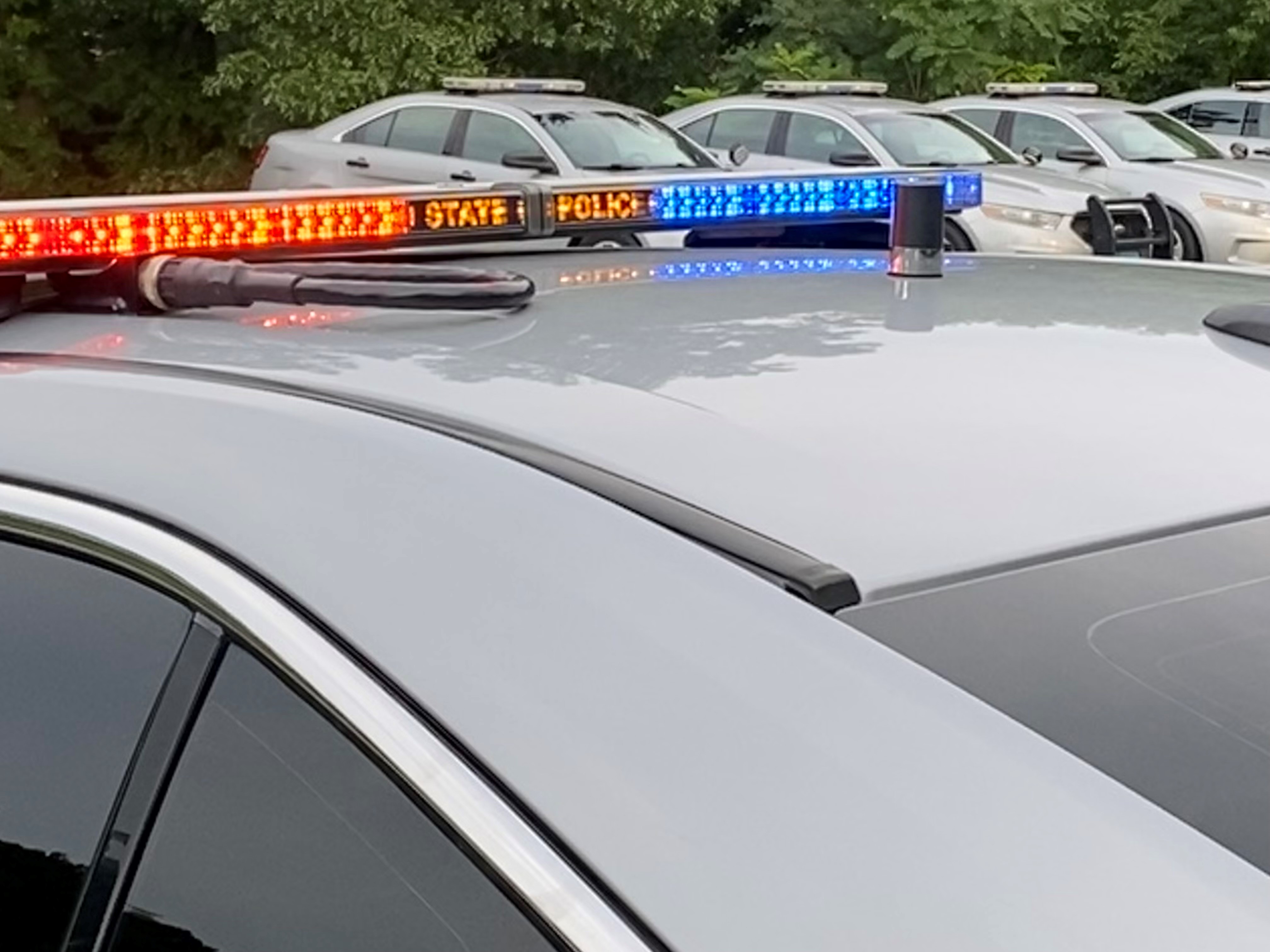“I hate robocalls. Hate ‘em. Hate ‘em with a passion. That’s why I have an answering machine I don’t even answer my phone anymore,” said Richard Murphy of Lisbon.
Like many of us, Murphy is sick of hearing about his car’s warranty.
“I don’t know what these extended warranties are, but I keep getting them,” said Murphy.
Over 38 million robocalls were placed to Connecticut area codes last month. That’s 14 robocalls per second according to YouMail’s Robocall Index.
Get Connecticut local news, weather forecasts and entertainment stories to your inbox. Sign up for NBC Connecticut newsletters.
“I think all consumers should put a blocking app on their phone in the same way they have antivirus on their computer,” said Alex Quilici, CEO of YouMail.
The FCC is cracking down on telemarketers, but it seems the scammers are always one step ahead.
That’s why there’s a renewed push to penalize those behind the annoying phone calls.
Local
“The warranty calls I get a lot of, social security,” said Lisa DiMarzio of Ware, MA.
"You should be able to push a button just delete everything right off the bat or if it comes through it should just be deleted,” said Murphy"
“It would be nice not to have to deal with it and even not to have to report it myself, to have it taken care of," added Lauren Barrett of Coventry.
“Robocalls are really a pain in the neck,” said U.S. Senator Richard Blumenthal, (D).
During a news conference in which he announced he’s putting pressure on the FCC to do more to stop robocalls and texts, Blumenthal pointed out that there were six billion robocalls and seven billion spam texts across the country in July.
“The federal government should be playing a more aggressive role,” he said.
In March, the FCC issued a record $225-million fine against Texas-Based telemarketers accused of transmitting a billion robocalls. Larger carriers have ramped up their spam-swatting efforts. AT&T said it blocks a billion robocalls per month.
“The FCC has to go after the smaller carriers. Some operate abroad but most are in this country, they work in the shadows,’” said Blumenthal.
Some smaller carriers have been accused of partnering with telemarketers, giving them an outlet to make unsolicited calls without being blocked.
The Senator wants bigger fines and says the FCC needs to target text messages as well. He said with the exception of those sent in the name of public safety or weather-related school closures all robocalls should be banned, even political ones.
“Ban them all, ban all robocalls, including political robocalls,” said Blumenthal. “I do not do robocalls in my own campaigns.
However, Blumenthal has used robocalls. In July of 2020, he invited residents of Connecticut to a telephone town hall via a robocall.
“Recipients of this official notification had previously contacted my office or had requested to be included in town halls. The COVID-19 telephone town hall that I hosted in my official capacity as a United States Senator was an opportunity for the public to hear about critical issues before Congress and to ask questions and express their concerns,” a spokesperson told NBC Connecticut News.
Barrett works from home and said she always answers even when she doesn’t recognize the number.
“I worry that it’s an important call so I answer it and it’s usually no one,” Barrett explained.
“First and foremost, do not pick up any phone number that you do not know, acknowledging it makes you more susceptible to getting more phone calls,” said Duncan.
Duncan also says not to click on any links or reply to any spam texts. Instead, she advises to block and delete them.
“When you get a link to click, you know, you're gonna want to hover over it, make sure it looks right. But instead of just going ahead and clicking a link, go look up the company online that it says it's from,” she explained.
Duncan said 18-24 year-olds have been just as susceptible to robocall scams as seniors over the last 18 months.
“The pandemic has made everybody more vulnerable social isolation, more time online, less time out in the real world,” she explained.
Companies caught sending spam texts, phone calls, and emails face fines, but it’s up to us to report them.
If you’ve lost money by responding to a fraudulent phone call or text the AARP urges you to report it to their Fraud Watch Network (877) 908-3360.
“You're a victim, not just of a fraud, but a crime,” said Duncan.



